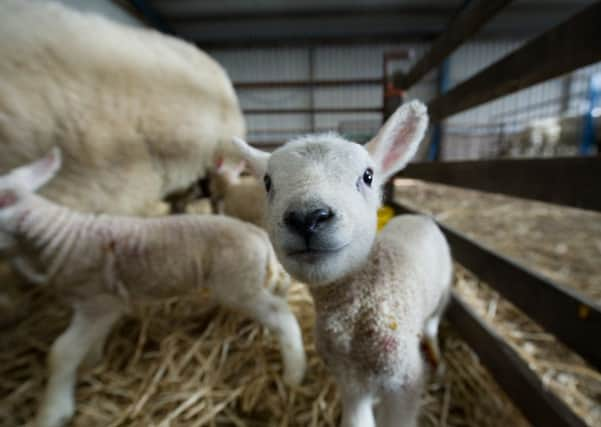Brexit could see a more flexible farm support system


Revealing its list of priorities for Scottish agriculture post-Brexit, the Scottish Tenant Farmers Association (STFA) yesterday said that while the increased uncertainty brought about by the vote could not have come at a worse time for Scottish agriculture, a less restrictive and cumbersome agricultural policy might ensue.
“Amongst all the uncertainty and changes, there could be a silver lining in that the Scottish Government will have greater flexibility outside of the CAP [the EU’s common agricultural policy],” said the organisation’s chairman, Christopher Nicholson.
Advertisement
Hide AdAdvertisement
Hide Ad“This could allow it to target support payments to avoid some of the excesses of the past – in particular to put an end to ‘slipper farming’ and ensure that payments only go to genuinely active farmers.”
He said that the CAP had restricted the ability of states to implement policy suited to their own needs, adding that future policy should be allow the freedom to tailor which had been missing in the past.
However, while stressing the importance of continuing the current support measures, he said that Scotland’s agriculture – with 85 per cent falling into the less favoured area bracket – was likely to remain reliant on support into the future.
He added that it was also crucial that producers in this country remained on a level playing field with Europe and had barrier free access to these markets.
With budgets for the CAP replacement policy coming from the UK instead of Europe, Nicholson said that the new policy would face greater public scrutiny.
“On-going long-term public support is vital for Scottish agriculture, but will only be possible if the policy is seen to provide long-term value for the taxpayer.”
In its list of Brexit priorities, the association also said that the future policy should be designed to avoid the risk of family farms being replaced by extensive systems of agriculture and forestry, claiming this would be devastating for rural communities in more marginal areas.
The organisaiton also wanted what it saw as the “distorting effects” of recent support payments to be avoided.
Advertisement
Hide AdAdvertisement
Hide Ad“Area-based support payments both current and past have created a pattern of ever increasing land prices and land rental values which is unhealthy for agriculture, acts as a barrier to new entrants, and is often seen by the public as taxpayers supporting landownership rather than food production and management of the environment,” said Nicholson.
Adding that some modern letting agreements required tenants to pass all the area-based support payments to the landlord, he said such arrangements were not in the public interest and could not be justified.
